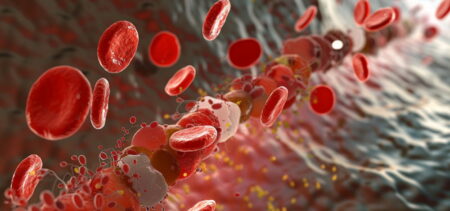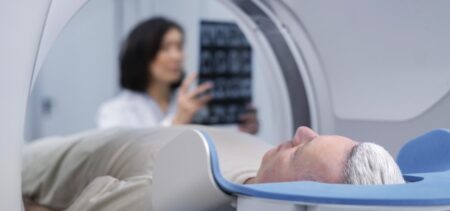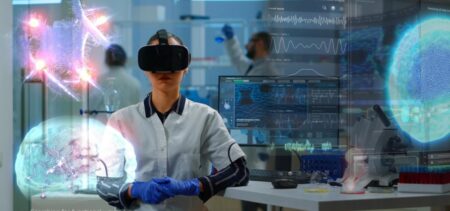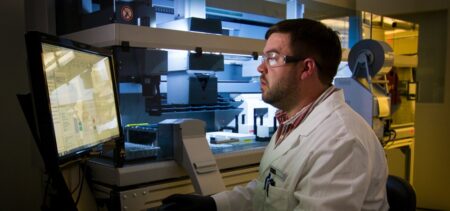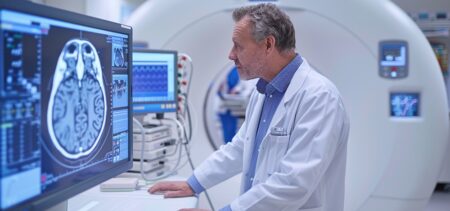At the intersection of healthcare and technology stands a future-oriented concept: digital health. The global digital health market is expected to increase to over 500 billion dollars by 2025 and move towards a connected healthcare model.
In recent years, technology has been increasingly present in the healthcare landscape, impacting the way medical services are provided and digitally transforming the patient experience. This five-minute read highlights the most popular tech trends that are shaping the current digital health environment.
The Internet of Medical Things
According to a recent study, 60% of healthcare organizations have already started introducing IoT into their facilities. IoT tools can help track and prevent medical incidents through the use of various devices and mobile apps such as wearable devices, blood pressure measurement gadgets, or EKG monitors.
The main benefits of IoT usage are improved healthcare delivery, more streamlined patient-doctor communication, and better patient experiences. IoT technologies are expected to play an essential role in the interconnected model that will probably shape the future of the healthcare ecosystem.
Telemedicine
50% of people reveal they would be comfortable contacting their physician digitally. The adoption of remote technologies has transformed remote healthcare, from a distant possibility to an effective reality. The COVID-19 pandemic has further encouraged the use of telemedicine, forcing medical providers to develop healthcare delivery models that can support remote patients.
Telehealth is especially beneficial for patients that can’t travel to medical facilities or for those living in underserved areas. The quality of diagnosing and treatment increases as patients have access to a remote healthcare practice that speeds up the entire medical delivery. What is more, digitally stored data allows medical providers to communicate quickly and efficiently, creating a connected system that facilitates care.
Artificial Intelligence (AI)
AI has many use cases in healthcare and it has proven a key technology for streamlining and improving the quality of patient care.
“By augmenting human performance, AI has the potential to markedly improve productivity, efficiency, workflow, accuracy and speed, both for [physicians] and for patients… What I’m most excited about is using the future to bring back the past: to restore the care in healthcare.” — Eric Topol, MD, director and founder of Scripps Research Translational Institute
AI technologies are used in automating repetitive tasks and in some decision-making processes such as eye disease diagnostics and radiology. New algorithms are now being used in drug development to speed up the creation of effective medicines.
Cloud Storage Systems
The possibility to store, send, and receive large files via different cloud-based platforms has transformed the way medical providers interact. They can now communicate better and faster thanks to advanced cloud storage systems that allow them to securely and privately share sensitive patient information.
Augmented and virtual reality (AR and VR)
Training in realistic environments allows medical students to have enriched learning experiences and become more confident in their abilities. AR and VR are also used in treating patients with motor disabilities. By providing more diverse interactions, digital worlds help patients regain control of their bodies faster.
The global AR and VR market in healthcare is expected to reach $5.1 billion by 2025.
As digital health becomes an essential part of our everyday lives, medical tech is continually developing to support the needs of the modern healthcare landscape. Patients’ demands and expectations are more complex and healthcare providers need to start relying on technology to meet these demands.




